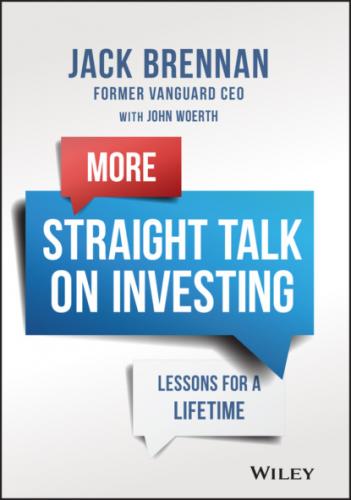Most credit cards charge interest rates that are 15%–18% or higher. To earn even higher returns as an investor, you'd have to be investing in stocks, and you'd have to be picking investments that beat the long-term average annual gains of 10% that stocks have earned over the long run. The odds aren't very good that your investment will do that in a one-year period.
There's an additional danger in thinking that you can get ahead as an investor in spite of credit card debt. When you do this, you are hoping that the short-term returns on your investment (a big uncertainty) will offset debt payments that are a certainty. No matter what the market does, you will still have to make those credit card payments.
I can think of just one situation where it would make sense to start investing before you have paid off credit card debt. If your employer matches contributions to your 401(k) plan, you should get started in the plan right away, while of course paying down your debts as soon as possible.
Are You Investing with Borrowed Money?
For the same reason that credit card debt and investing don't go well together, it's never wise to invest with borrowed money. It's a certainty that you'll have to repay the money you borrowed. It's never certain that you'll receive the investment returns you're hoping to receive.
In the day-trading frenzy of the 1990s, some investors began buying stocks with borrowed money. The practice, which is called buying on margin, is very risky because it magnifies the impact of gains and losses. If the margin investor's holdings suddenly drop in value, he is often forced to sell the stocks that serve as collateral to pay off the loans immediately.
What this means is that debt with an after-tax cost of 4% is not a terrible thing if you are earning a 5% after-tax return on your investments and you can deduct the margin interest. But you're not getting ahead financially if you're earning after-tax returns of 5% a year on your investments at the same time that you are paying 19% on your credit card balance.
The tax aspects of debt are worth thinking about, but don't get so hung up on them that you squander time and energy finding ways to profit from having debt. The peace-of-mind issues are as important as the numbers.
Are You Counting Your Chickens Before They Hatch?
Suppose you've watched the property values climb in your neighborhood, and you're considering refinancing your mortgage to take advantage of that appreciation and get some extra cash. Or perhaps you've accumulated a tidy nest egg in your 401(k) account and now would like to borrow on it. Be very careful.
It's true that sometimes these decisions make good financial sense. But keep in mind that borrowing against your house or your 401(k) carries a risk. The appreciation in a house or a 401(k) is just a paper gain, not money in your pocket. You won't truly have real money in your pocket until you sell the house or withdraw money from your 401(k) plan. The risk is that property values or the financial markets will fall, and you'll be left owing money. If you have the misfortune to be laid off from your job and you have borrowed against your 401(k), you will have to keep repaying the loan while unemployed or face additional taxes and penalties.
Know What You Don't Know
The final point about financial planning: Know what you don't know. Yes, there is much that you can do on your own in setting up a financial plan and beginning an investment program, but it's also important to have some humility about other elements of your financial needs. I'll just make a few comments here because so much of it depends on your personal situation.
Life and disability insurance planning is one area in which professional advice is often worth the money, depending on the variables in your life, such as your age, health, marital status, net worth, and whether you have children. The same is true of estate planning. You could use an online tool to create a will or consult an estate attorney. I believe that anyone who expects to accumulate significant wealth should be willing to spend the time and money to make sure his or her will is prepared properly.
Consider the flipside. If you are underinsured, a fire in your home is not just a tragedy for you and your family but a financial calamity as well. If your will is inadequate or not up-to-date, your assets might not be distributed as you desired or you leave your heirs with hefty tax bills. Do a cost-benefit analysis. Often, it pays to obtain professional advice in these instances.
In a Nutshell
As a financial entrepreneur, you need a plan. It is a three-step process:
Set your goals. Determine how much money you'll need to meet your financial, often multiple, objectives.
Assess your investment options. Figure out which kinds of investments are appropriate to reach your goals.
Determine how much money you'll need to invest. Calculate how much money you'll need to set aside.
In addition, as you develop a plan to accumulate wealth, remember that managing debt wisely is key to your success.
Конец ознакомительного фрагмента.
Текст предоставлен ООО «ЛитРес».
Прочитайте эту книгу целиком, купив полную легальную версию на ЛитРес.
Безопасно оплатить книгу можно банковской картой Visa, MasterCard, Maestro, со счета мобильного телефона, с платежного терминала, в салоне МТС или Связной, через PayPal, WebMoney, Яндекс.Деньги, QIWI Кошелек, бонусными картами или другим удобным Вам способом.
